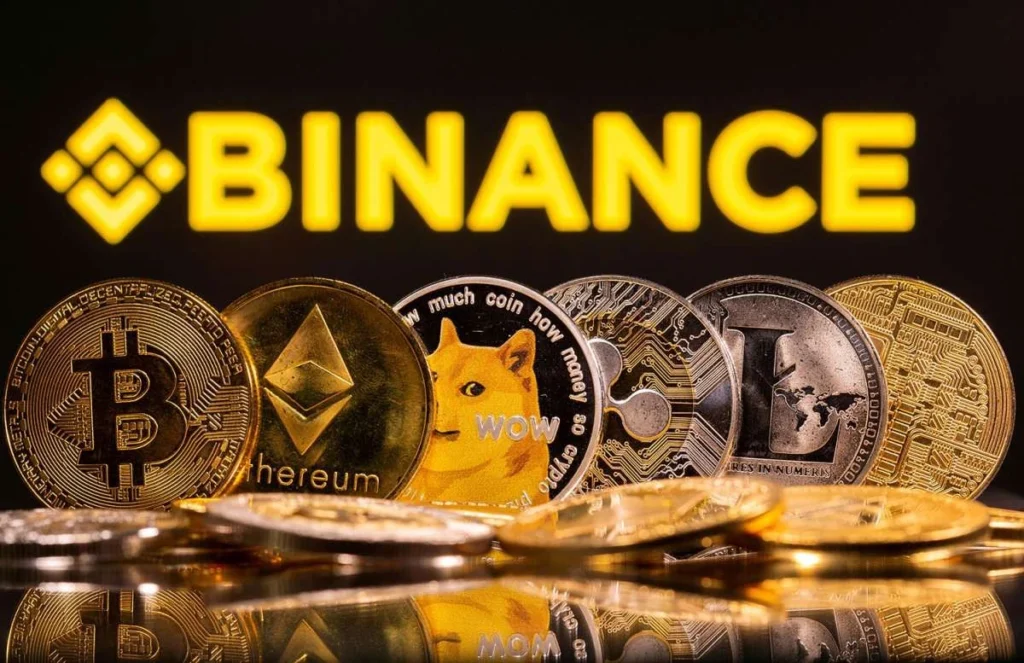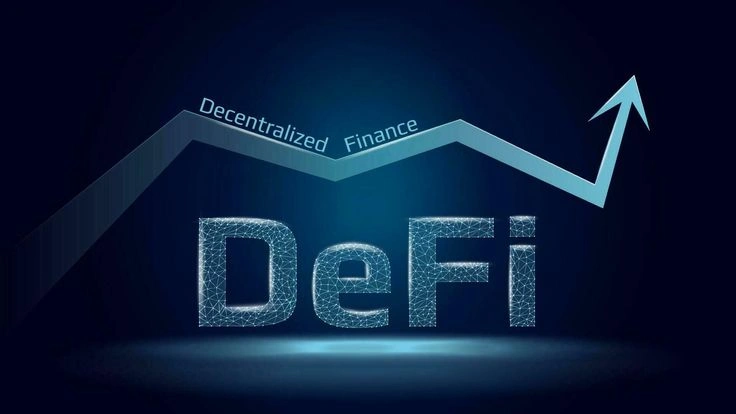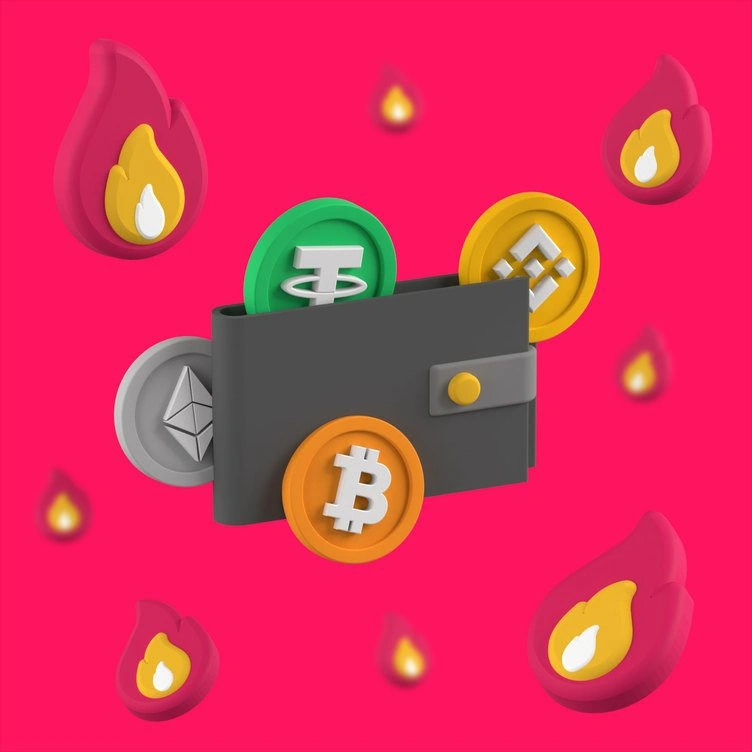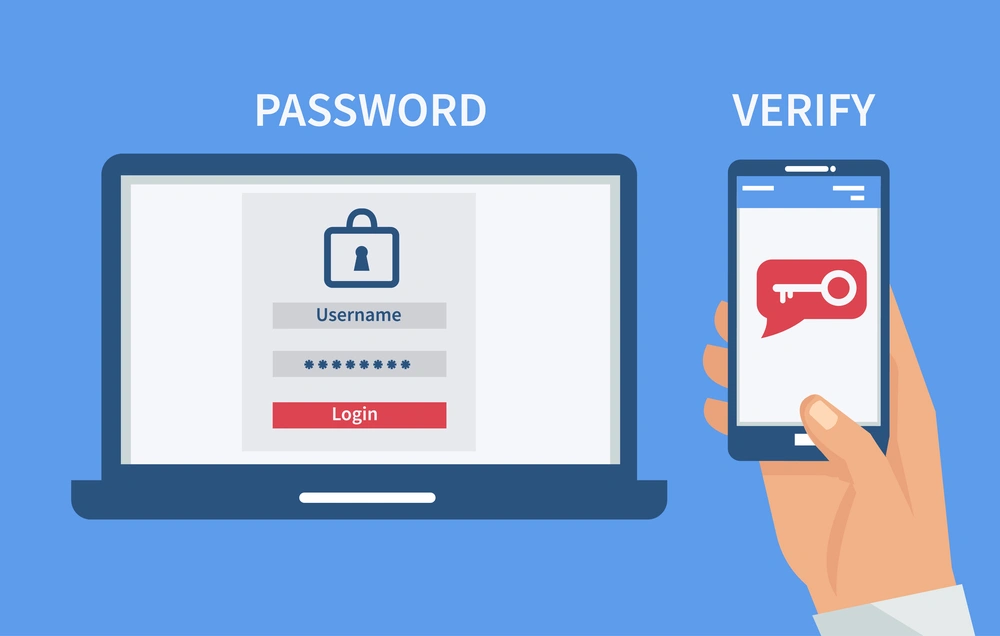Let’s not kid ourselves—crypto security can feel like a maze. And if there’s one topic that always sparks debate in the space, it’s the good ol’ hot vs cold wallet argument. Some say hot wallets are reckless. Others think cold wallets are overkill. The truth? It’s not as black-and-white as the crypto Twitter crowd makes it seem.
What Is a Hot Wallet, Really?


Hot wallets get a lot of love from active traders—and for good reason. They’re connected to the internet, so your crypto is always at your fingertips. Trust Wallet, MetaMask, Binance, Coinbase—these are all hot wallets.
Here’s the appeal:
You want to buy, sell, or swap fast? Boom—it’s done in seconds. No cables. No fuss. It’s the Venmo of crypto. And for anyone diving into DeFi or NFTs, hot wallets are practically non-negotiable.
But let’s not ignore the elephant in the room: they’re exposed. Internet connection = attack surface. And no, your antivirus isn’t going to save you from a phishing link or a shady Chrome extension.
Bottom line? Hot wallets are like carrying cash around. Great for speed, risky for storage.
Cold Wallets: The Overprotective Parent of Crypto

Now we’re talking cold wallets—offline, air-gapped, and built for safety. Devices like Ledger or Trezor don’t touch the internet unless you tell them to, and paper wallets? As old-school as it gets.
If hot wallets are your pocket change, cold wallets are your safe deposit box. They’re ideal for HODLers, big investors, or anyone who’s not into watching charts 24/7.
But let’s be real:
- Lose your hardware wallet or seed phrase? Game over.
- Want to move funds fast? Get ready to plug in, enter PINs, verify addresses… it’s a process.
That said, I’ll take inconvenience over a hacked wallet any day.
Hot vs Cold Wallet: Which Side Are You On?


Let’s stop pretending there’s one right answer.
Use hot wallets if:
- You’re actively trading or dabbling in DeFi
- You want speed and flexibility
- You’re storing small amounts you can afford to risk
Use cold wallets if:
- You’re serious about security
- You’re holding large amounts
- You understand that crypto has no customer support number
My take? Split the difference. Keep your “spending” crypto hot, and lock the rest up cold. Just like you wouldn’t walk around with your life savings in your wallet, don’t leave all your tokens online.
Hot vs Cold Wallet: Security Myths & Mistakes We Need to Quit Believing

Here’s what I’ve learned: the real danger isn’t which wallet you pick. It’s how careless you are with it.
- Don’t skip 2FA.
- Don’t store seed phrases in your inbox.
- Don’t click links you didn’t ask for.
- For the love of crypto, don’t post screenshots of your wallets online.
A hot wallet used wisely is safer than a cold wallet handled like a joke.
Final Thoughts: Hot vs Cold Wallet- Stop Overthinking, Start Acting Smart
The hot vs cold wallet debate isn’t going anywhere. But the smarter question is: What kind of user are you?
Want fast access and fun? Go hot.
Want long-term peace of mind? Go cold.
Want both? That’s probably the wisest move you’ll make in crypto.
What matters most is understanding your tools—and respecting the risks. Because in crypto, one mistake can’t be undone.
So let’s drop the tribal arguments and make smarter, balanced decisions. Your coins will thank you.
Relevant news : HERE




